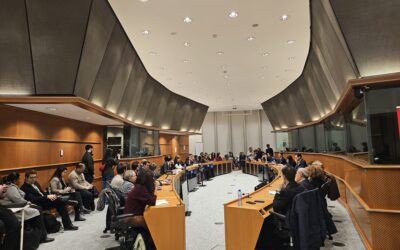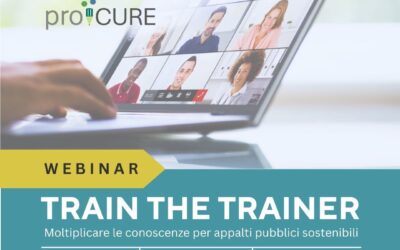What barriers limit the use of recycled rubber in road pavements? How can we overcome them and effectively involve the public administration to facilitate a faster and more sustainable transition?
Following the round table last 4-5 December, the partners of the RE-PLAN CITY LIFE and LIFE SILENT projects met today in Rome, at the headquarters of the Ecosistemi Foundation, to discuss strategies and concrete actions to promote the use of rubberised asphalt on a larger scale.
The meeting opened with an analysis of the inputs gathered so far and their feasibility in the context of existing initiatives. Among the proposals that emerged, the need to multiply training and awareness-raising activities for public and private technicians was discussed, with the aim of providing specific expertise on the design and construction of roads with rubberised asphalt. The meeting represented an opportunity to strengthen the long-term cooperation between the partners and the members of the Stakeholder Advisory Committee, creating synergies between the projects dedicated to tyre recycling materials.
Finally, participation in upcoming key events for the sector was discussed, including the 30th ETRA Tire Recycling Conference in Brussels (25-27 March) and the Forum Compraverde Buygreen in Rome (14-15 May), which are strategic opportunities to broaden the debate and involve new players in the journey towards a more sustainable infrastructure.




